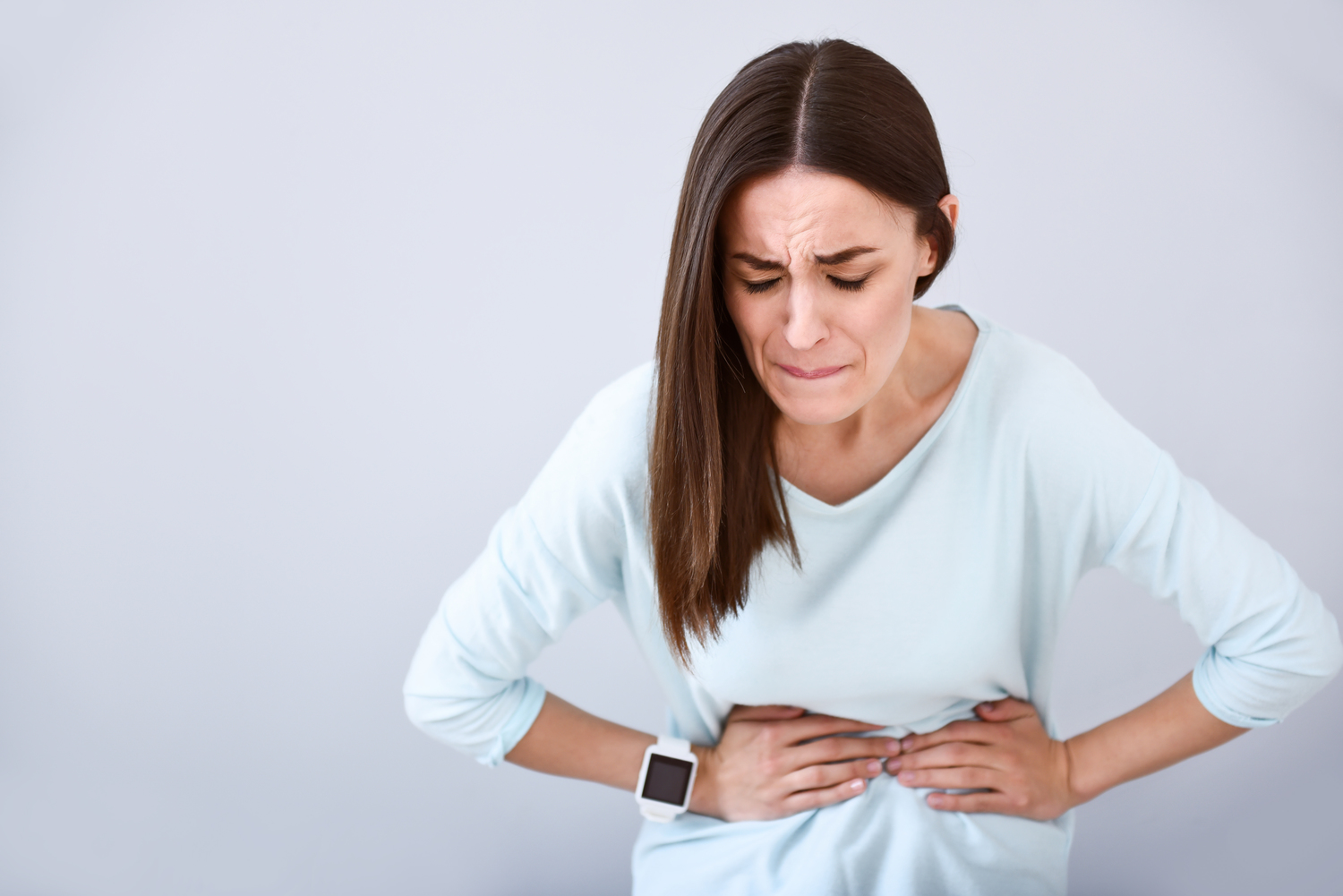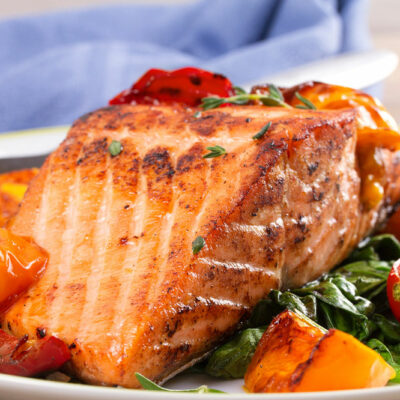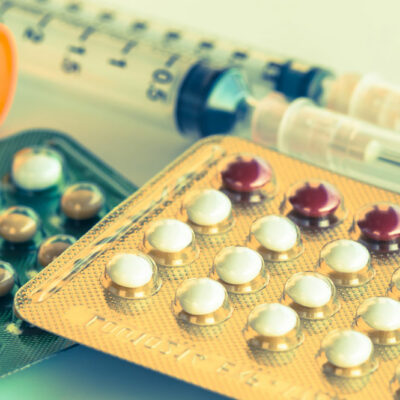
Natural Treatments for Overactive Bladder
Overactive bladder, also known as OAB, is a hard to control, constant, and sudden urge to urinate. The bladder muscles begin to contract involuntarily, regardless of urine amounts in your bladder. This creates the constant need to use the restroom, possibly numerous times throughout the day, especially unintentionally.
Causes of OAB can include diabetes, UTI, an enlarged prostate, constipation, or hormonal changes resulting from menopause in women. There are, however, natural treatments which can be done to help with this condition:
1. Avoid caffeine
Caffeine is a key component in coffee and in fewer quantities in tea. Still, it is a key contributor to an active bladder. Consuming caffeine can lead to increased and more frequent bladder activity, which will heighten your OAB symptoms. You will have higher and more intense urges to urinate, over which you will have little control. Significantly reduce or avoid caffeine entirely to decrease your OAB symptoms.
2. Do kegel exercises
Kegel exercises can be quite beneficial if you suffer from OAB as they help strengthen your pelvic floor muscles. These exercises support the rectum, uterus, small intestine, and bladder and can be done anytime and anywhere discreetly. Making these exercises a part of your everyday plans can cause you to expect feedback within a few weeks to months, resulting in fewer sudden urges.
3. Quit smoking
If you have an overactive bladder, it might be wise to quit smoking. Smoking has been found to aggravate the bladder and can make incontinence (uncontrollable leaking) signs associated with OAB worse. Smoking also leads to coughing fits, which can cause urine leakage. Studies have found that smokers are at a greater risk of having bladder incontinence than non-smokers. Not to mention, smoking is seen to associate with bladder cancer.
4. Eat a fiber rich diet
As was found with caffeine, what you consume plays a vital role in the severity of your symptoms. The foods you eat can either harm or help your bladder. Some foods add to the irritation and stress happening with your bladder, resulting in more frequent incontinence. Eating a fiber rich diet can help deter constipation. Constipation is a cause of OAB that can increase irritation and pressure on your bladder, which should be avoided at all costs.
5. Shed excess weight
Shedding that extra weight doesn’t have to be anything dramatic. If a person loses approximately eight percent of their body weight (15-20 pounds for the average woman), it has been proven to decrease weekly incontinence or leakage. Even if it’s just two percent (approximately 3 pounds), there is still a significant level of decrease in bladder leakage. Losing weight helps with OAB. It helps alleviate the amount of pressure being placed on the bladder, so the muscles can do more to support the bladder and pelvic floor.
Overactive bladder is something that affects a lot of people in many ways. It is a condition that causes a lot of embarrassment to those who suffer from it. Many choose to withdraw from the social world and limit interaction with others as a result. Along with medical attention, you can do things to help improve and lessen the severity to which you are affected. By using some or all of the above natural treatments, you can regain control of your life and bladder.


